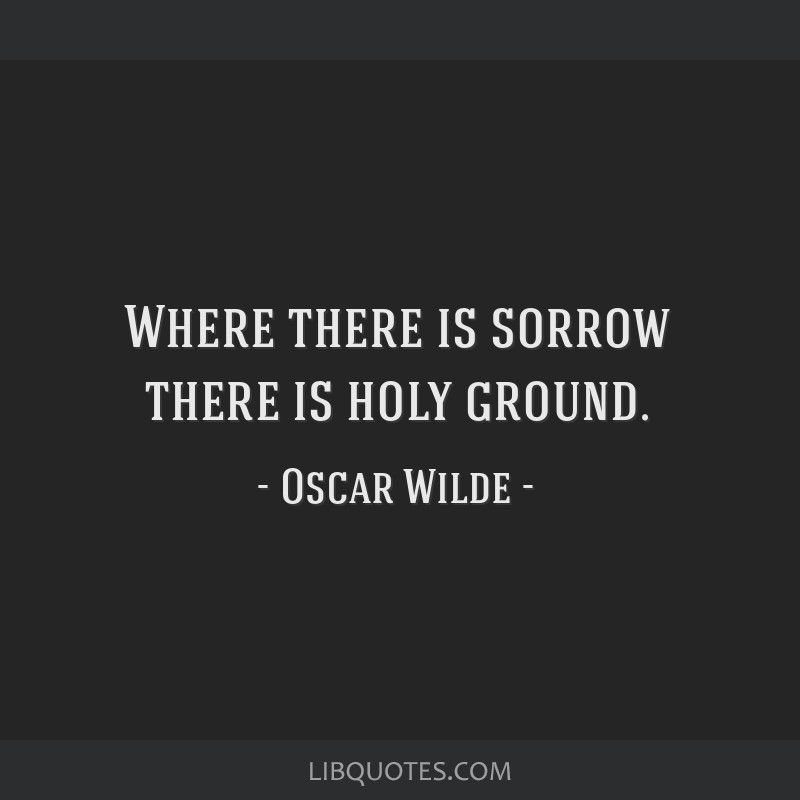
“I am much too alone in this world, yet not alone enough to truly consecrate the hour.”-Rainer Maria Rilke
They don’t teach you how to bill hours in law school. You learn in your first law firm job and billing and collecting is one of the most important measurements of success in a firm.
Over forty years ago I launched into private practice in a medium sized law firm outside my home state. I was told to bill in increments of .1 or six minutes and write it on a timesheet. If I worked on a case for 15 minutes I billed .25, and so forth. It sounded simple!
It seemed logical and in alignment with my values to simply track the time of ACTUAL work for each client, down to the smallest .1. Unfortunately I quickly found that to bill my expected 8 hour daily minimum, I had to work 12 hours or more to accommodate breaks, lunch, mind wandering and general tasks of living. Or, I could skip all those life necessities and just work like a machine every day.
Sadly, I chose the latter.
If my personality of perfectionism and overachievement predisposed me to workaholism, the .1 measurement of my worthiness sealed my fate. I became obsessed with clocking every minute of my life. I was face to face with my convictions with every .1 of every day in determining exactly how much to bill. I stuck notepads in my car and around the house to mark down billable work outside office hours. I got up before sunrise, even logging on to email in the middle of the night when I couldn’t sleep. Freakishly, lawyers were answering me back at that hour! I wondered how many of them were suffering like I was with the notion of billable time.
When I had my own firm, I no longer had quotas but I was supporting my family (as a single mom), my staff and my overhead. I constantly calculated billable hour needs against budget. I needed a new copy machine; how many billable hours would that cost me? I could work harder over the next several weekends to bank that money.
Obsession with the 6 minute increments made it difficult to be fully “present” during non-billable moments of life for much of the 40+ years I practiced law. The voice inside my head was constantly saying “You are getting further behind!”
I went to my then-10- year- old son’s baseball game and sat in my car reviewing documents. I paused “off the clock” when he got up to bat and honked the horn when he got on base. I couldn’t enjoy anything during the work day, couldn’t go to the dentist unless it was the earliest appointment, couldn’t breathe. I still loved yoga but I could only take the 5am class so I didn’t miss “work hours.”
Vacations? To miss 40 billable hours and keep up with your daily quota upon return was impossible. On trips I’d bill hours in a dark hotel room near a corner lamp before my family woke up and after they went to bed trying to stay present during the day, hearing the gremlin of billable time intermittently.
My calendar was chock full with appointments, court dates, and meetings. A coach I hired told me it was essential to put margin in my calendar. I did as he instructed but if a potential client called, I immediately scheduled them into the margin, so I didn’t miss the opportunity to get a new client.
I went through a dark season of life when family problems were consuming me. I pulled into the office parking lot mid morning after dealing with things since dawn and cried thinking I would drown in sorrow before I walked into the office. I looked up at the barren winter trees of the parking lot, through tears, and the bible verse from Matthew 6:26-27 popped into my head: “Look at the birds of the air; they do not sow or reap or store away in barns and yet your heavenly Father feeds them. Are you not much more valuable than they? Can any one of you by worrying add a single hour to your life?”
My life during those frenzied years ran on what the Greeks call “chronos.” Chronos forms the word chronological. It is time in sequential order driven by the clock and the calendar. Most of our society is driven in chronos time.
Over time, I became exposed to the term “kairos.” Kairos is what I like to call “divine right timing.” For Christians, this is the difference between living “in the world” and living instead by “the nudging of the Holy Spirit.” For mindfulness practitioners it’s “living fully immersed in the present moment.”
I’d had moments of kairos earlier in my life, but I rarely was able to recognize them back then for what they were. Twenty four years ago I was one of two finalists for a job heading the mediation clinic at ASU Law School. I believed then, and now, I was the most qualified candidate yet the other person was selected. A few weeks later my father came to visit us in Phoenix and got off the plane with a cold that turned out to be a terminal lung disease. He became a hospice patient in our house for several months before he died and I was unemployed for the months he was there so I was able to care for him. Kairos timing.
I think of kairos when clients bemoan, “I should have gotten this divorce years ago.” We discuss the circumstances which usually reveal they were not ready until the day they came into my office and said, “Let’s file.”
Kairos may also be rooted in an inner knowing. I feel the need to write today instead of doing my chores and the writing flows. My friend out of state keeps coming to mind, and I call and find she has been struggling. I feel a nudge to take a different route home from church and come across the perfect place to live as my lease is ready to expire.
Myopic obsession with chronos closes us off from the rich kairos moments. Jon Kabat- Zinn inspired me to look deeper into embracing kairos in his book Wherever You Go There You Are: If you did die, all your responsibilities and obligations would immediately evaporate. Their residue would somehow get worked out without you. No one else can take over your unique agenda. It would die or peter out with you, just as it has for everyone else who has ever died, so you don’t need to worry about it in any absolute way. If this is true maybe you don’t need to make one more phone call right now even if you think you do. Maybe you don’t need to read something just now or run one more errand. By taking a few moments to die on purpose, to the rush of time while you are still living, you free yourself to have time for the present. Dying now in this way, you actually become more alive now.
All of this brought forth the question: How much of my life has been spent in search of meaning, and how much has been focused solely on survival? Being a single mother responsible for 100% of my own support for over 20 years of my life made this frenzy understandable. But in the last season of my life how can I tip the balance in the other direction?
I’ve let go of attaching to the outcome when I’m the mediator on a case that I feel should settle but doesn’t. I realize the parties may have to “go around the mountain again” in order to learn lessons, have insight, or prolong their hurt now for their ultimate healing later. Their settlement will be in kairos time, not within the chronos hours scheduled for our mediation that day because of a court deadline.
Walking my dog in the morning, instead of drifting into the million things pulling on my attention, I focus myself on the present. The trees, the breeze, the mountains near my home and the sunrise all seem crisp and clear. I remember feeling this way years ago when I took refuge for a few days in a woman’s monastery in the mountains.
I had to go around the mountain again myself, even after the awakening at the monastery. I returned to the stress and burnout of chronos until I was flattened by the reboot offered by the pandemic. I finally listened and knew that kairos time was of the essence. And now I’m practicing living mindfully in the present, in “supernatural natural.”
Last night I went to dinner with the little boy whose mom sat in the car churning billable hours while he played baseball. My son is now a 30 year old man. I smiled as I listened intently to him light up about his life, his hopes for the future and the wonderful woman he has met. For a moment just over his shoulder in the air I saw his mom looking at me, reminding me she chose what she thought she had to, to survive and take care of herself and so many others. With profound empathy and love, I blessed her silently then stepped forward as the woman she is now, sitting across from her handsome son in kairos time, prioritizing a life of meaning with the years that remain.
:

